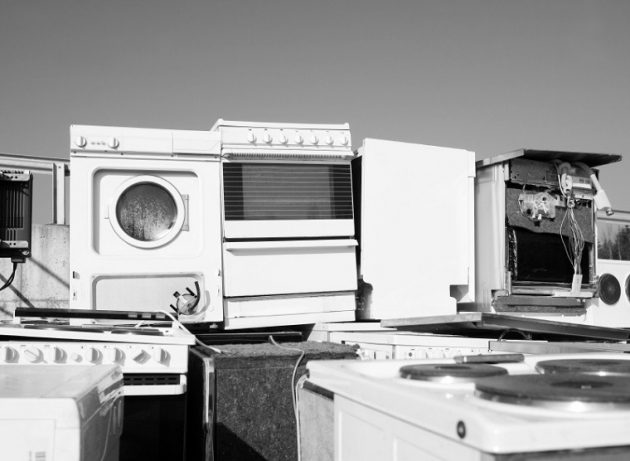From the kitchen and the laundry room to the outdoor living space, the modern home can only run efficiently with the help of modern home appliances. Regular maintenance and service will help extend the lifespan of your favorite appliances, but there is bound to be a time when you’ll have to consider whether or not it’s time to replace your units.
The decision to replace an old or damaged appliance can be a difficult one, especially when there are so many exceptional products available on the market today. However, there are several key factors you should consider when making this decision. To help you when the time comes, we’ve selected some important questions you should ask yourself to determine when you should replace your home appliances.
How Old Is Your Appliance?
When deciding whether or not to replace your appliance, you should consider how old the unit is and how long you’ve owned it for. While premium appliances are built to last, no unit will last forever. If your unit is older than its average lifespan, you should definitely consider investing in a replacement.
While the lifespan of your kitchen and laundry appliances will vary, you can reference the information below for an approximate age range of several common appliances:
• Dishwashers: 9-10 years
• Dryers: 13 years
• Washing Machines: 5 -15 years
• Microwaves: 9 years
• Gas Ranges: 15-17 years
• Electric Ranges: 13 – 15 years
• Refrigerators: 9 – 13 years
• Range Hoods: 14 years
• Oven: 10 – 18 years
When considering appliance age, you should also take into account your unit’s design and style. An old appliance may function perfectly, but if its appearance does not match your changing design aesthetic, you may want to invest in a replacement.
Is Your Appliance Still Under Warranty?
Many homeowners start to consider replacing an appliance once it faces a major maintenance or repair problem. But if your appliance still has a number of years left on its warranty, you may want to hold off on replacing your unit.
Appliance warranties cover specific maintenance or repair costs, often allowing you to receive replacement parts or basic services at a reduced rate or free of charge. Be sure to check what warranties cover your appliances, and should you need service, be sure a factory-certified appliance repair company covers it. If service is covered under your warranty, there may be no need to replace your appliance.
What Is The Difference Between Repair & Replacement Costs?
If your appliance is no longer under warranty, you’ll need to more carefully consider replacing your unit. Generally speaking, it makes sense to replace your appliance when the price of the repair totals more than half the cost of a new model. There is little reason to spend a fortune on repairing an old appliance, and the more advanced features and contemporary style of a newer model will more than make up for the additional investment cost. The only time you should consider such costly repairs is if your appliance is a specialty model that would be difficult to replace.
Discover The Ideal Modern Appliances For Your Home
The decision to repair or replace a cherished home appliance can be a difficult one, and should not be taken lightly. Should you face this challenging task, be sure to consider the age of your appliance, the potential cost of repairs and its warranty policy before choosing to invest in a new unit.
If you’re ready to choose a new appliance, you can use this online collection of cooking appliances and this online collection of laundry appliances to discover great new units for your home. For additional assistance, do not hesitate to contact a home appliance expert.

